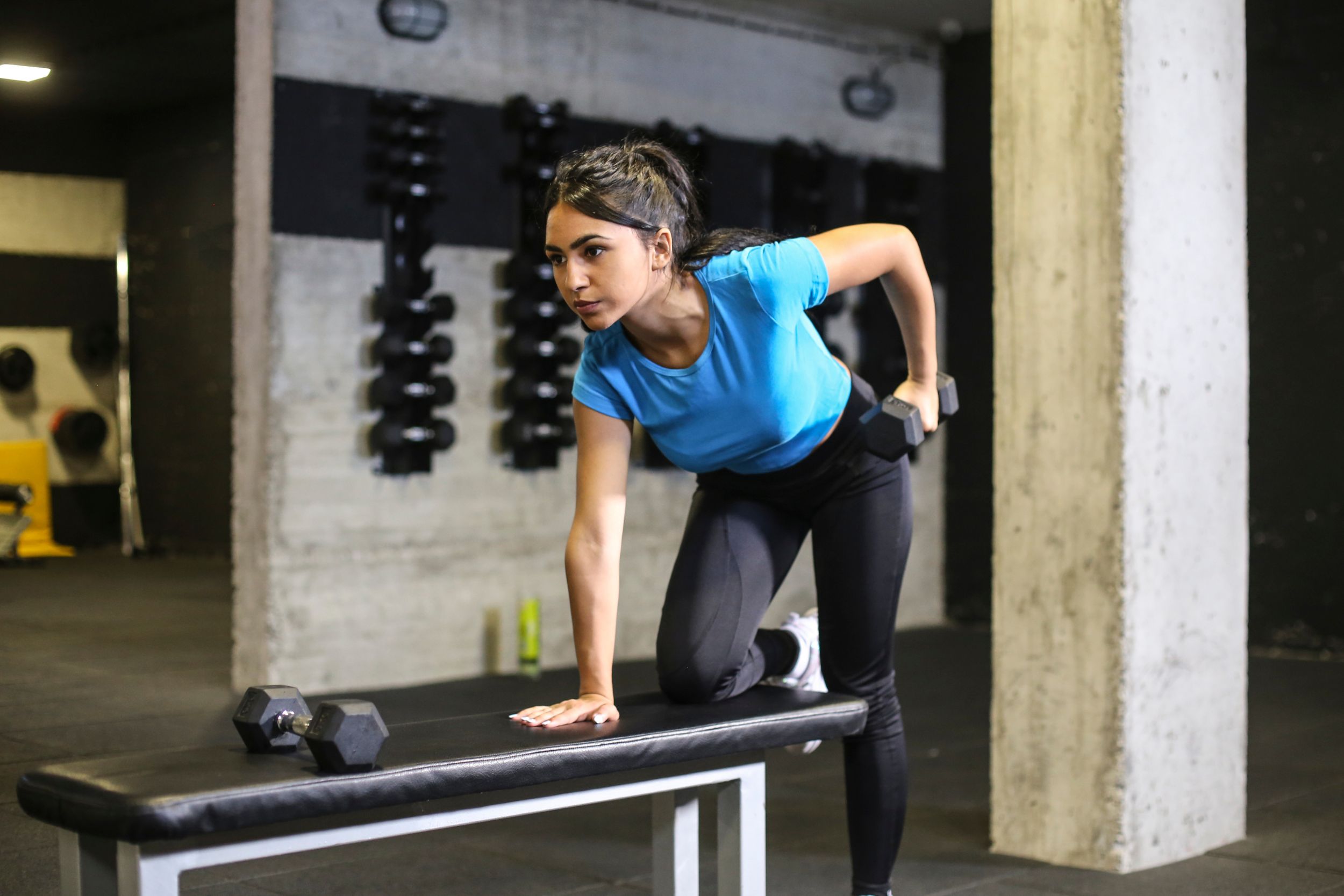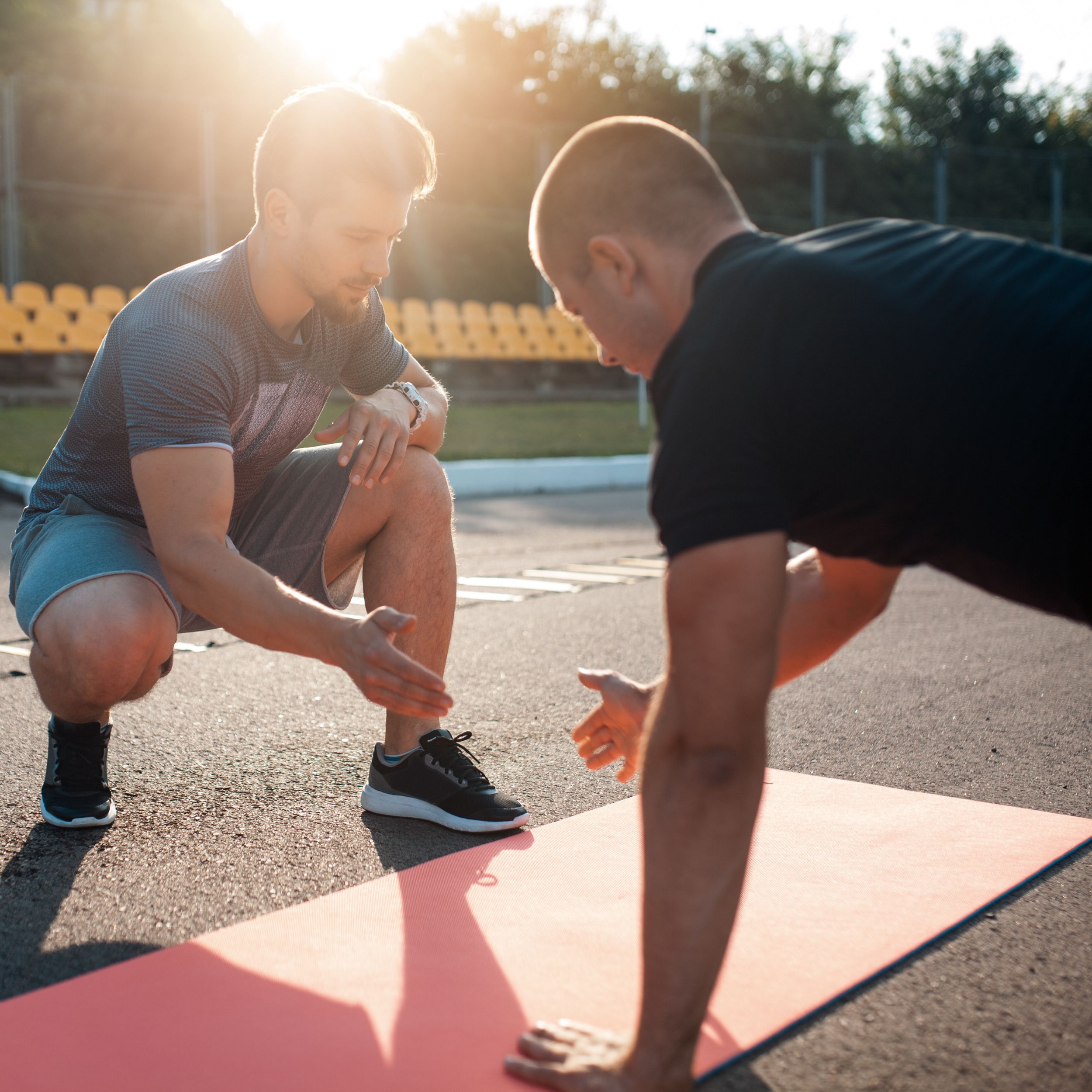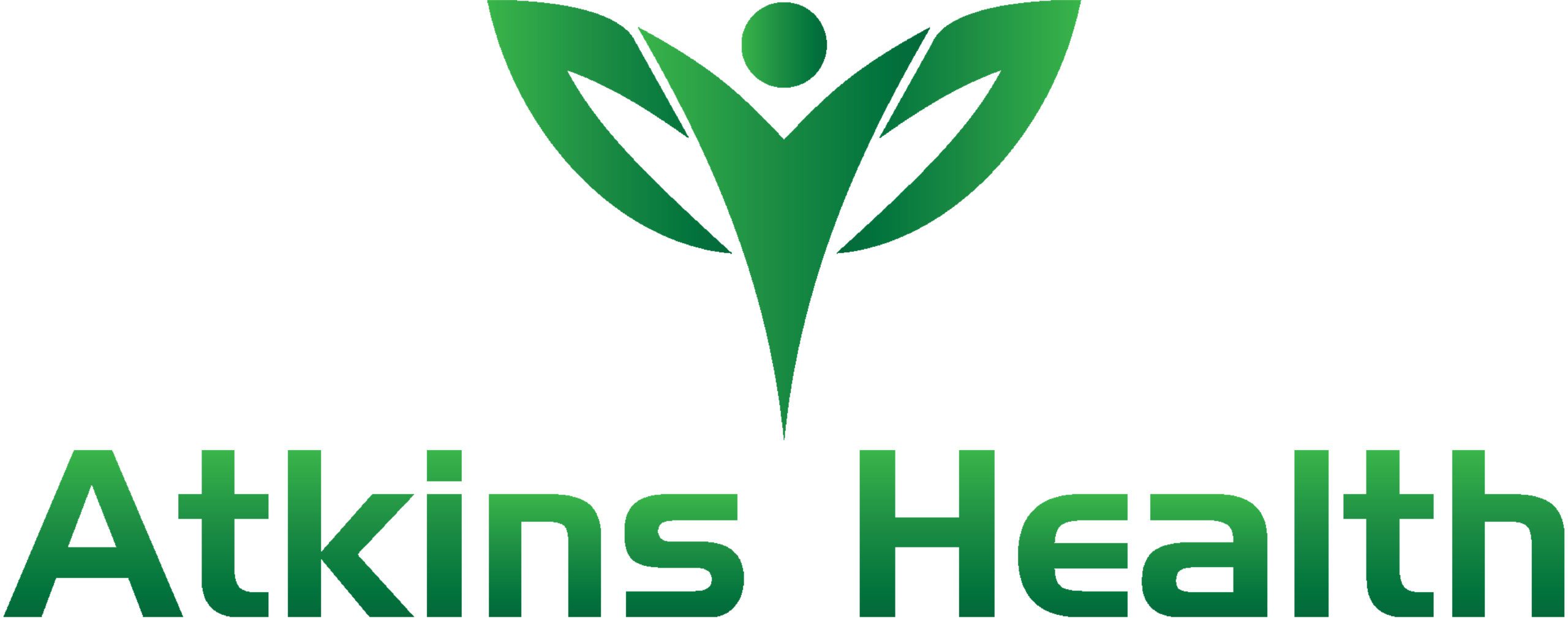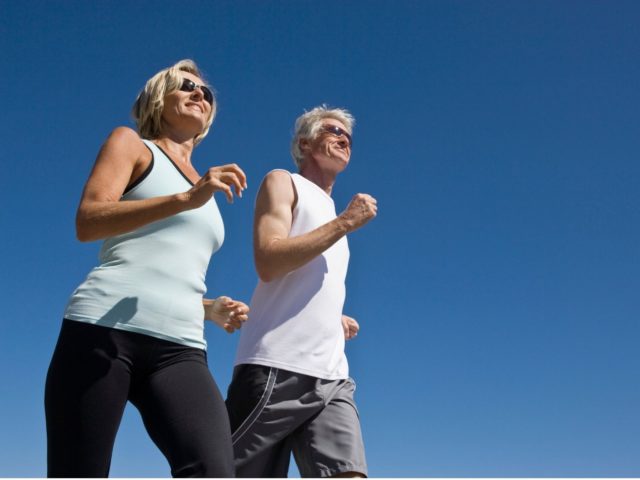Athletic Program
Our Athletic Program Gold Coast

SAVE With our Great Offer!
Save 10% on the cost of classes by booking our 12-week Athletic Program special.
INDIVIDUALISED Progressive Programs
Our Athletic program uses VALD testing to help you find compensatory points in your movement. This is necessary for injury prevention. (Learn more about VALD by visiting our Exercise Physiology page.) We will also measure athletic performance – peak force analysis related to your sport – and conduct biomechanical analytics (using HumanTrack video analysis) which is ideal for adolescents needing to improve body awareness and coordination.
Our team of exercise physiologists will work with you to create and deliver the best training protocol for you, and our evidence-based approach is underpinned by regular testing to ensure that you’re on track to meet your goals. We provide ongoing education throughout your program and you will leave each session with tasks to complete at home to improve outcomes and your capability.
Our Location

What’s Involved? Assessment
The program requires an assessment before a participant can start the program There are two parts to our testing. The first part is a subjective assessment that includes:
- Sport analysis
- Exercise history
- Lifestyle factors (nutrition, best time of day)
- Previous injuries
- Goal setting
- Barriers
- Functional movement screen analysis, or FMS.
The FMS evaluates fundamental movement patterns that are typically experienced in most sports. This can show movement limitations or compensations which can provide an understanding of risk factors for further injury, as well as planning for injury prevention.
The second part is athletic testing. It includes:
- Upper and lower body strength testing
- Speed
- Power
- Endurance
What’s Involved? Group Program
Athletes present to us with varying skill levels. In addition to the physical adaptations that we strive for, our goal is to also progress the athlete’s learning. The method that we use to facilitate learning progression is follows three stages.
The cognitive stage refers to when an athlete needs to concentrate on a new skill or technique they’re being introduced to and think about what they need to do. This is a learning phase which generally progresses quite quickly, however at this stage learners can make many mistakes and inconsistencies are to be expected.
The associative stage is where the athlete learns how to perform and how to adapt the new skill or technique to their training and sport performance. At this stage, they learn how to do what was learned in the cognitive stage. While performing it still requires thought and problem solving, it requires less than in the cognitive stage.
The autonomous stage is the one which involves the least amount of thought and is where the athlete performs the skill almost automatically. Less conscious control of movement is required, and the athlete may feel that performance of the skill is effortless.
At the end of the 12-week program, our athletes will be retested and goals re-evaluated. Athletes have the option to continue the program.
Prices
- Two classes per week
- Participants average three per class
- Class duration of one hour
- Each client receives a personalised and periodized printable program
- Re-assessment conducted at end of 12-week program
- Pay per session
*Save 10% on our special 12-week package offer.
- Initial Assessment$130.00
- Each class$48.00
- *12-Week Special Package$500.00
- Temple Gym, 2 Lake St Varsity Lakes
- 7am Tuesday
- 7am Wednesday
Related Blog Articles
It can be easy to get caught up in the good carbs vs bad carbs narrative. Our Accredited Practising Dietitian provides a dose of reality and evidence-based truth.
Come and join Ben, every Friday morning in Robina for a two hour walking program, delivered in conjunction with Gold Coast Health to support the community with a monitored exercise routine.





